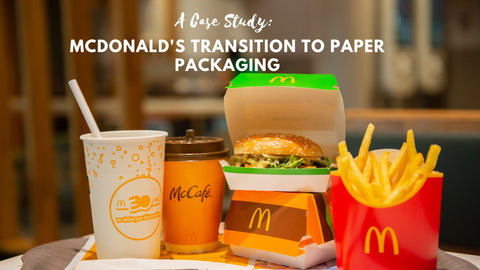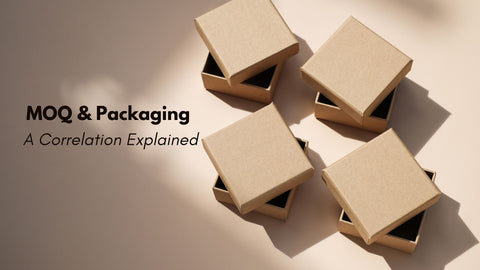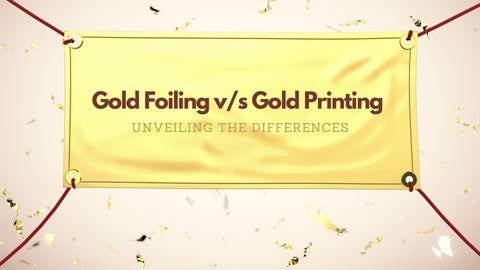One notable and exemplary case-study of a company that has switched to paper packaging to reduce its carbon footprint is McDonald's. In recent years, McDonald's has made significant strides in its sustainability efforts, including a shift towards more environmentally friendly packaging materials.
In 2018, McDonald's announced its Global Packaging Vision, which outlined the company's commitment to source all guest packaging from renewable, recycled, or certified sources by 2025. As part of this initiative, McDonald's has been actively transitioning from plastic to paper-based packaging in various markets around the world.
One significant change has been the switch from plastic straws to paper straws. In 2018, McDonald's UK and Ireland made the decision to replace plastic straws with paper ones. This move aimed to reduce plastic waste and the associated carbon emissions. The paper straws are sourced from certified sustainable forests and are recyclable, compostable, and biodegradable.
Furthermore, McDonald's has been exploring paper-based alternatives for other packaging items. For instance, they have tested paper cups in select locations as an alternative to plastic cups, with the goal of eventually implementing these changes on a larger scale.
These transitions to paper packaging align with McDonald's broader sustainability goals and contribute to reducing the company's overall carbon footprint. By embracing paper-based packaging, McDonald's demonstrates its commitment to responsible sourcing, waste reduction, and environmental stewardship.
It's worth noting that while McDonald's is one example, many other companies across various industries have also made efforts to switch to paper packaging or other sustainable alternatives as part of their commitment to reducing carbon footprints and promoting a more environmentally friendly approach to packaging.
Reduction in Carbon Emissions: By transitioning to paper packaging, McDonald's achieved a significant reduction in carbon emissions. The production of paper packaging generates fewer greenhouse gas emissions compared to plastic packaging.
Waste Reduction and Recycling: The implementation of reusable paper boxes and straws, reduced the generation of single-use plastic waste significantly. These initiatives contributed to a substantial reduction in waste sent to landfills, further minimising the environmental impact.
Consumer Engagement and Positive Brand Image: McDonald's commitment to sustainability resonated with customers who were increasingly concerned about environmental issues. The introduction of paper packaging, coupled with awareness campaigns highlighting the environmental benefits, garnered positive feedback and increased customer loyalty.
McDonald's transition to paper packaging proved to be a successful endeavour in reducing its carbon footprint. Through the implementation of paper packaging, the company achieved significant reductions in waste generation and carbon emissions. This case study serves as an inspiring example of how paper packaging can be a powerful tool in reducing carbon footprints across industries.





Comments (0)
There are no comments for this article. Be the first one to leave a message!